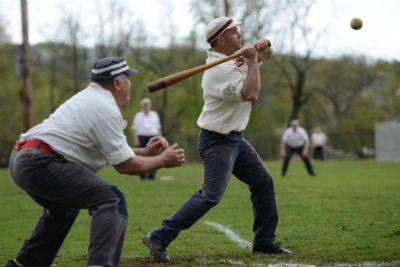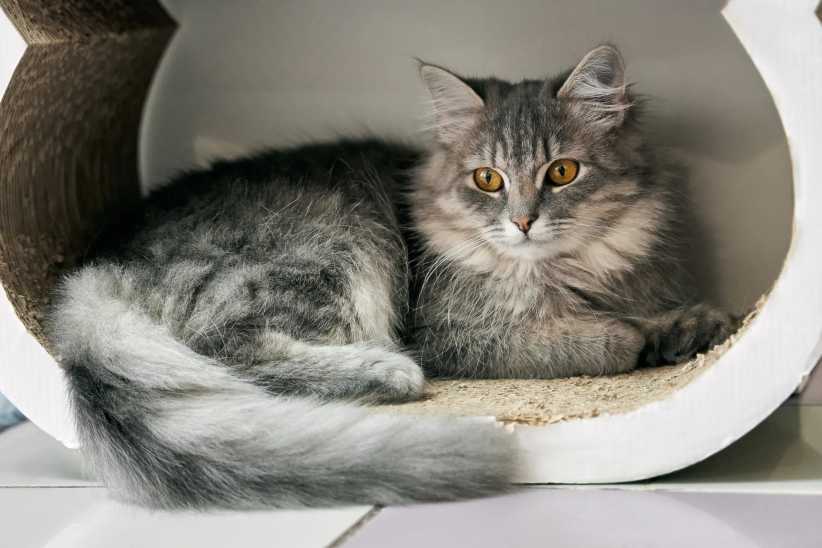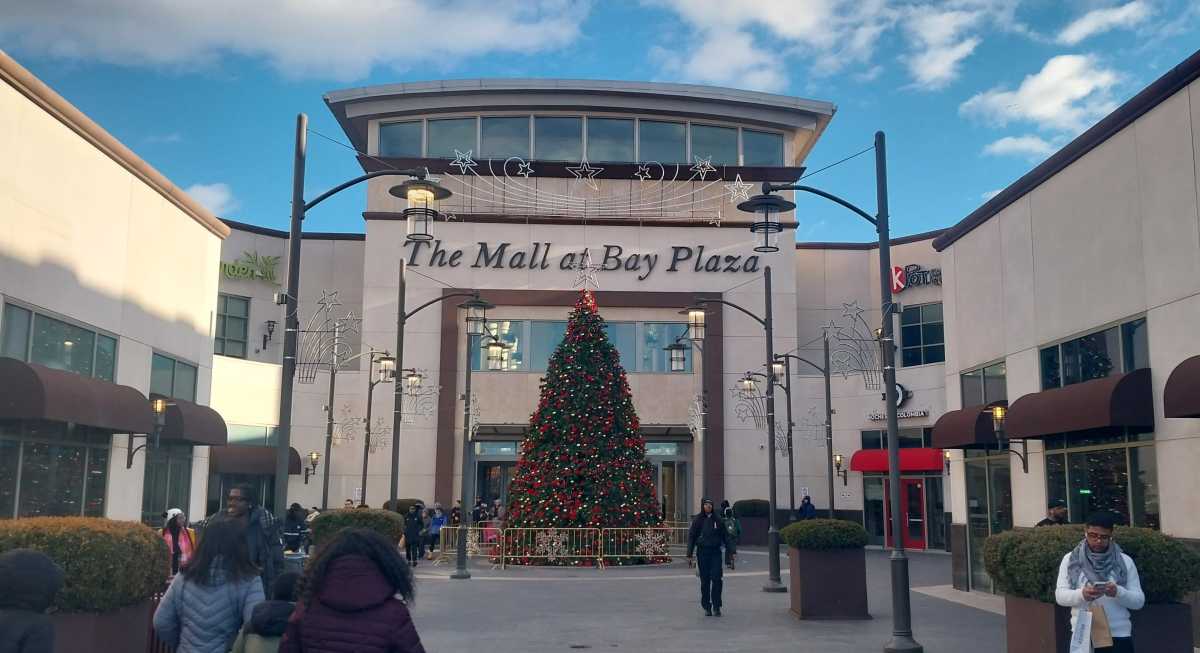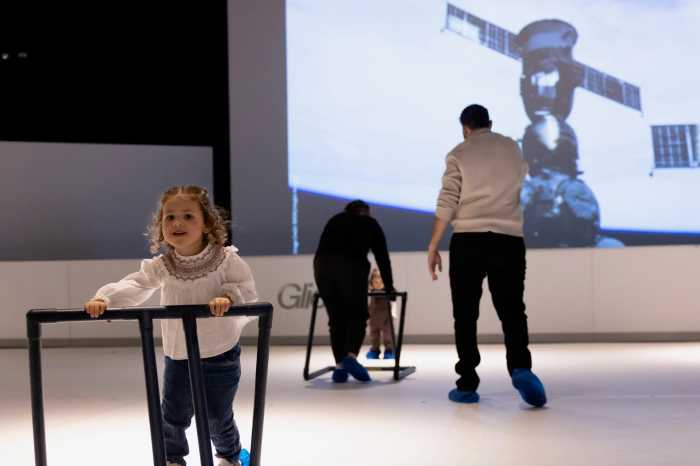In the 2006 playoffs, New York Mets star Carlos Beltran faced the St Louis Cardinals’ Adam Wainwright with the game on the line. Beltran watched a close pitch go by. With a roar from the crowd, the umpire called it strike three and the game was over. The game, series, and the Mets’ season ended on that close pitch. However, imagine if the umpire could decide that it was too close to call, and ask the pitcher to do it again. If they’d been playing the game according to 19th Century rules, he could have done just that.
Charles Klasman, the manager and president for the Gotham Base Ball Club—NYC’s own vintage baseball team—wonders about that all the time. “What if the umpire had the ability to not call a pitch? It’s so close, [he] doesn’t want to decide the outcome of the at-bat,” he says. “[He’s] going to let the players do that. How would that change the game?” This play is an example of just one of the many ways vintage baseball differs from the modern game. Lucky for Klasman, he gets to revisit baseball history and play the game he loves every time he suits up for the Gothams.
Gotham is part of the Mid-Atlantic Vintage Base Ball League (MAVBBL), one of many leagues throughout the United States dedicated to playing baseball according to mid-19th Century rules. That means no gloves, no team logos, and no steroid scandals.

Klasman, whose day job is in the automotive business, has been playing for the Gothams since 2008. He says that Gotham plays according to 1864 rules, which was the last year where a ball caught on one bounce was an out.
The core of the game is the same as modern-day baseball, though there are enough changes to keep players on their toes. For instance, batters can’t run through first base after hitting the ball. The infield fly rule was adopted later on, so infield popups can be quite tricky for the less experienced baserunners. Walks make all batters advance a base, even if they are not forced. On foul balls, runners have to return to their base or risk being tagged out – in the 19th Century, they were not allowed to return to the base at their leisure.
The basis of the old rules is to encourage players to actually play. According to Klasman, balls and strikes were less of a way to control at-bats, and more of a way to get both pitcher and batter to get the game moving. “When the umpires called balls and strikes, they were actually penalties for the players not doing their job. Your job as a batter is to go up and hit the ball,” he explains.
The original Gotham Base Ball Club dates back to 1845, when it was called the Washington Base Ball Club. The team moved to New York, and in 1883 became a professional team renamed the New York Giants. Klasman says that team has a lineage that continues all the way to Major League Baseball today. “1882 was the last year they called themselves the Gothams. Then in 1957 they moved to San Francisco [as the Giants],” he says. “We don’t charge them for using the name.” The current NYC-based iteration of Gotham Base Ball Club began in 2002. Some of the other clubs in the MAVBBL are older and come from as far away as Maine and Tennessee.
Gotham plays their homes games on Governors Island, where they attract crowds of all ages, with hundreds of people coming to watch. In addition to the games on Governors Island, the Gothams also host games with local communities and historical organizations. “We try to create as many events as we can, so we’ll connect with historical societies, and we’ll play our games for towns’ historic celebrations,” Klasman says.
There is a strong family element to these vintage games as well. Klasman believes the vintage version of the game can be more appealing to kids, as it is less intimidating and more accessible. “I think the kids almost want to get up and play with us,” Klasman says. They see the game in a much more playable way… it’s almost like a schoolyard type of game. It doesn’t require a lot of equipment, the ball is not intimidating… you’re not getting 90 miles per hour under your chin.” Klasman has even gotten his own family involved. “I got my son playing now, and my daughter’s boyfriend [too]… it’s generational… this is the kind of game where fathers and sons play together often,” he says.
For more information about the Gotham Base Ball Club, visit gothambbc.com!













